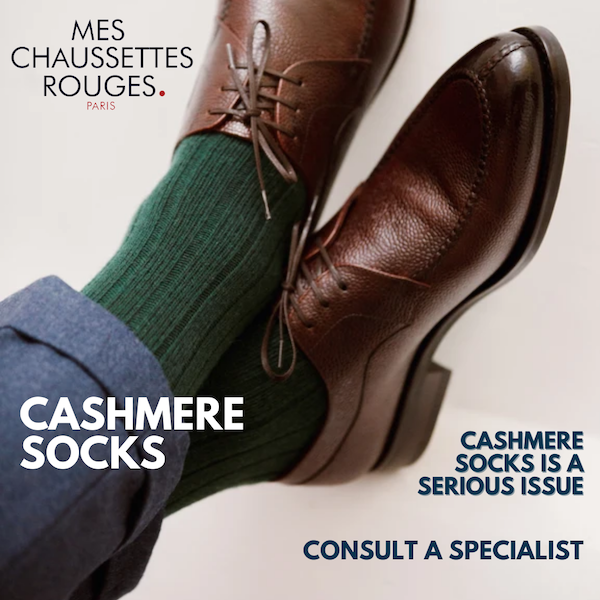Among my peers, Savile Row, its suits and tailors, is a thing of aspiration. It makes the best suits, has dressed the best people and justly carries an air of arrogance. One day, when we have enough money to sensibly spend a lot of it on a very nice suit, that is where we will go, with a certain amount of trepidation. There is a readymade market among British youth there, all with accelerating income and aspirations to luxury that include Huntsman, Poole and the rest.
The tragedy is that the BBC series on Savile Row may have popped this bubble, by trying to lure exactly that youth market.
Monday’s final episode in this series was entitled New Blood, and focused on the need for Savile Row to hire talented young tailors that are willing to stay in one unglamorous career their whole lives, for the love of the job and without much pay (at least to begin with).
Unfortunately, all it did was highlight once again Savile Row Bespoke’s mistaken efforts to brand the street as a whole, to bring together disparate individuals into one marketing exercise. The SRB association is planning to set up an academy to train young tailors. Unfortunately, one tailor further down the Row that is not a member of SRB has the same idea. Or, rather, a slightly different idea: he wants his own academy because he feels the work done on the rest of the Row is not up to scratch.
The two meet, have a reasonably gentlemanly discussion and depart, each refusing the other’s offer. So now any young man (or, increasingly, woman) wanting to be trained by the best has to choose between the Savile Row Academy and Savile Row Bespoke training. Both claim to be superior and to be aiming for the same thing, and will likely offer nothing to the potential tailor that clarifies the situation.
It reminds me of the many language schools that set up in Oxford so they can call themselves The Oxford School of Languages, trying to lure in foreign students who think they are somehow being admitted to Oxford University. Some even set up on Oxford Street with the same intention.
This view of the Row – as confused and unwieldy, amateurish in the extreme – is bemoaned even more by those closely associated with it. As Thomas Mahon says on his excellent blog English Cut, “I never thought I’d see the day that a programme about the business I’ve been involved with all my life could possibly make me cringe so much. It was all very sad and tragic.”
“It appears that Savile Row Bespoke is doing a better job than all the high rents, bad exchange rates and global fashion brands could ever do at eating away at the core of what makes Savile Row a wonderful and unique place.”
It will never puncture the image of Savile Row sufficiently for me. But for others it may well have done. It is a real shame that SRB (credited by this programme and therefore presumably involved) thought a documentary would help spread the Savile Row word, when it has undone anything positive that professional, targeted advertising would have achieved.































Whilst the BBC program presented a more human (read Machiavellian) side to Savile Row, I feel that overall it was a well-balanced documentary and portrayed the small industry as being more accessible than it has been hitherto – to those outside the priveleged classes that is.
I loved the scene with the chap who owned three generations of clothing, that stuff really underlines the sense of tradition associated with the place.